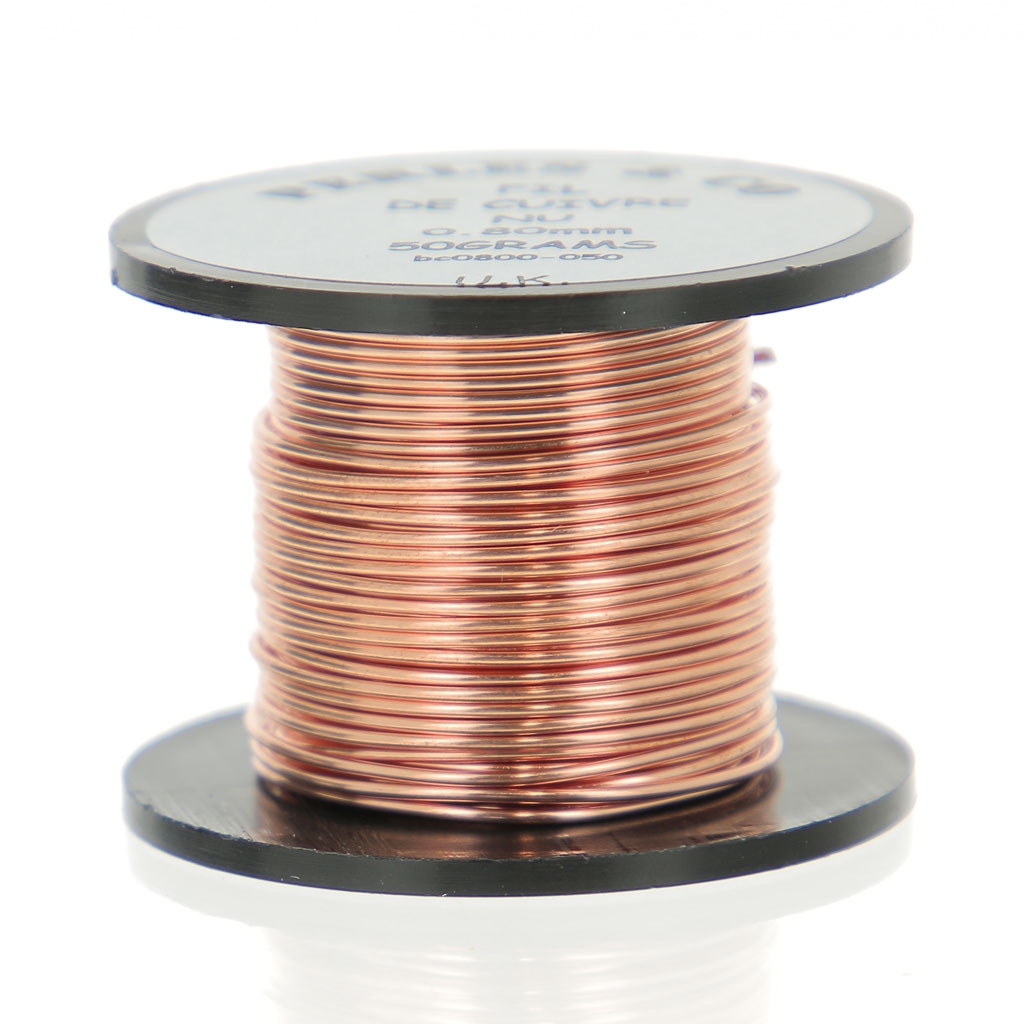Copper strips are products that find extensive industrial and domestic usage. Copper strips come in several forms. Some popular ones include: paper copper strip, braided copper strip, enameled copper strip, and bare copper strip.
Out of all these forms, bare copper strips are extensively used in electrical appliances and are the preferred choice of many electrical product manufacturers.
Let us discuss the properties of bare copper strips that make it popular among manufacturers:
Ductility and Malleability: One of the most striking features of bare copper strip is its ductility.
Bare copper wires can be easily pulled or twisted and, therefore, can be easily fitted in areas or corners that are hard to reach.
Besides, bare copper wires are malleable. They are soft and can be easily shaped and manipulated. They do not break easily under pressure. All these properties ensure a smooth installation of electrical wires.
High Electrical Conductivity: Copper has high electrical conductivity. In fact, the electrical conductivity of copper is the highest among all non-precious metals. This property makes bare copper strips the preferred material for many electrical appliances.
High Thermal Conductivity and High Melting Point: Copper is a good conductor of heat. It allows heat to pass through it easily and therefore bare copper strips are a great choice for electrical appliances that tend to generate a lot of heat.
Copper also has a high melting point. High melting point ensures the wires do not burn at very high temperatures and the electrical appliances remain secure. It means if you are using wires with copper strips, you don’t need to worry about electrical fluctuations or fire hazards.
Corrosion-resistance: Copper is resistant to corrosion. It does not rust or oxidize. For this reason, bare copper wires find extensive application in marine appliances.
Compatibility: Majority of the electrical manufacturers prefer using bare copper strips in appliances. So if you are installing wires at homes, use copper to maintain compatibility. Using wires of any other material can lead to galvanic reactions and therefore prove to be dangerous. So it is better to avoid risks and use copper.
Durability: Bare copper strips are also durable and last long. So if you are installing copper wires, you do not need to worry about going for frequent repairs.
Read: Copper Properties and Applications
Bare copper strips are also unaffected by weather fluctuations and are non-magnetic in nature.
All these properties explain why bare copper wires are so extensively used.
In contrast to bare copper wires, there are bunched copper wires where many small gauge wires are braided and compressed together. They are coated with some non-conductive material and twisted to produce loops.
These bunched wires are easier to install than bare copper wires. Bunched wires have a high resistance to corrosion and become hard on bending. Bunched wires find applications in headphone cables, speakers, and automobiles. Bunched wires also ensure smooth connections and help cables perform optimally without hassle.
While purchasing bare copper wire or bunched copper wire, you should keep certain things in mind. Always ensure the supplier you are buying from is reliable and has a proven track record. The supplier should also comply with all the rules and regulations of the industry.
Try to get feedback from other customers. Make sure the supplier has customer-friendly exchange policies so that any defective material can be returned without much hassle.
In case you are looking for more information related to bare copper wire or bunched copper wire, please mail us at info@rajasthanelectric.com.
